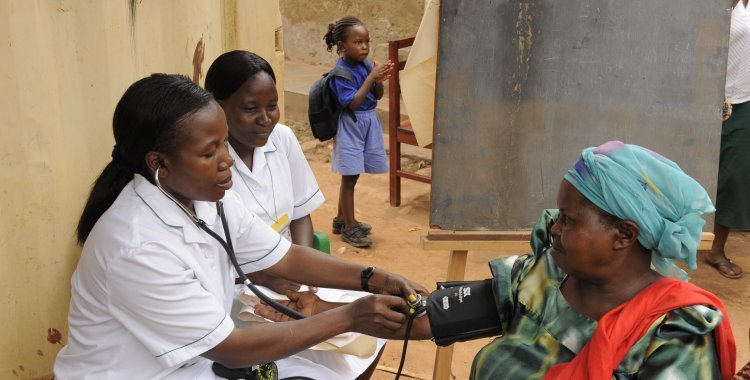The Ministries of Education and Health have determined, in a joint executive decree, the closure of all public and private secondary technical health education institutions that do not meet the conditions for their operation, with a five-year moratorium for the necessary improvements.
Speaking to Lusa, Cruz Mateta said that a study was carried out on the operation of private schools, in which the union participated, and that problems were found in terms of practice.
"The institutes have classrooms, but no laboratories. The students had theory, but no practical experience", he stressed, adding that only theoretical classes were taught.
"When there is no practical experience, we do not train with quality. That is why, in 2023, a moratorium was given to schools to create conditions, to set up laboratories, and many of the schools were unable to do this", he explained.
This year, in January and February, the Ministries of Health and Education, the union and professional associations met to carry out an assessment and it became clear that it was necessary to "impose rigor in order to ensure quality", and it was decided that schools without the required conditions, namely those lacking laboratories for practical classes, would not be allowed to receive new enrolments.
"We also agree, because we need to focus on quality training and not quantity", he stressed.
When asked whether the measure would not impact the recruitment of human resources for this area, Cruz Mateta said that it would not be a problem, because there are still many nurses outside the national health system who have not been included in the public service.
"There are still human resources and, in addition, there are schools that were not mentioned, which means that they will continue to train those that meet the conditions", he said.
Institutions were closed in the provinces of Luanda, Benguela, Bengo, Cuanza Sul, Huambo, Icolo e Bengo, Huíla, Malanje, Namibe and Uíge.
In Luanda, one of the institutions that will be prevented from enrolling students in the next academic year, which starts in September, is the Luanda Technical School of Health - IMS, a public institution.
According to the secretary general of Sindea, "it does not matter whether they are public or private institutions", the decree states that they must create "the essential conditions to administer classes and for students to graduate with quality, IMS is also included".
Cruz Mateta stressed the importance of the measure, highlighting that "when a student is not well-educated from school and is then included in the national health system, he or she will show deficiencies", with implications for healthcare.
Sindea has 49,960 registered nurses in the national health system throughout the country, of which 32,720 are its members, while the Angolan Nurses Association, the regulatory body for the profession, has around 95,000 professionals.







